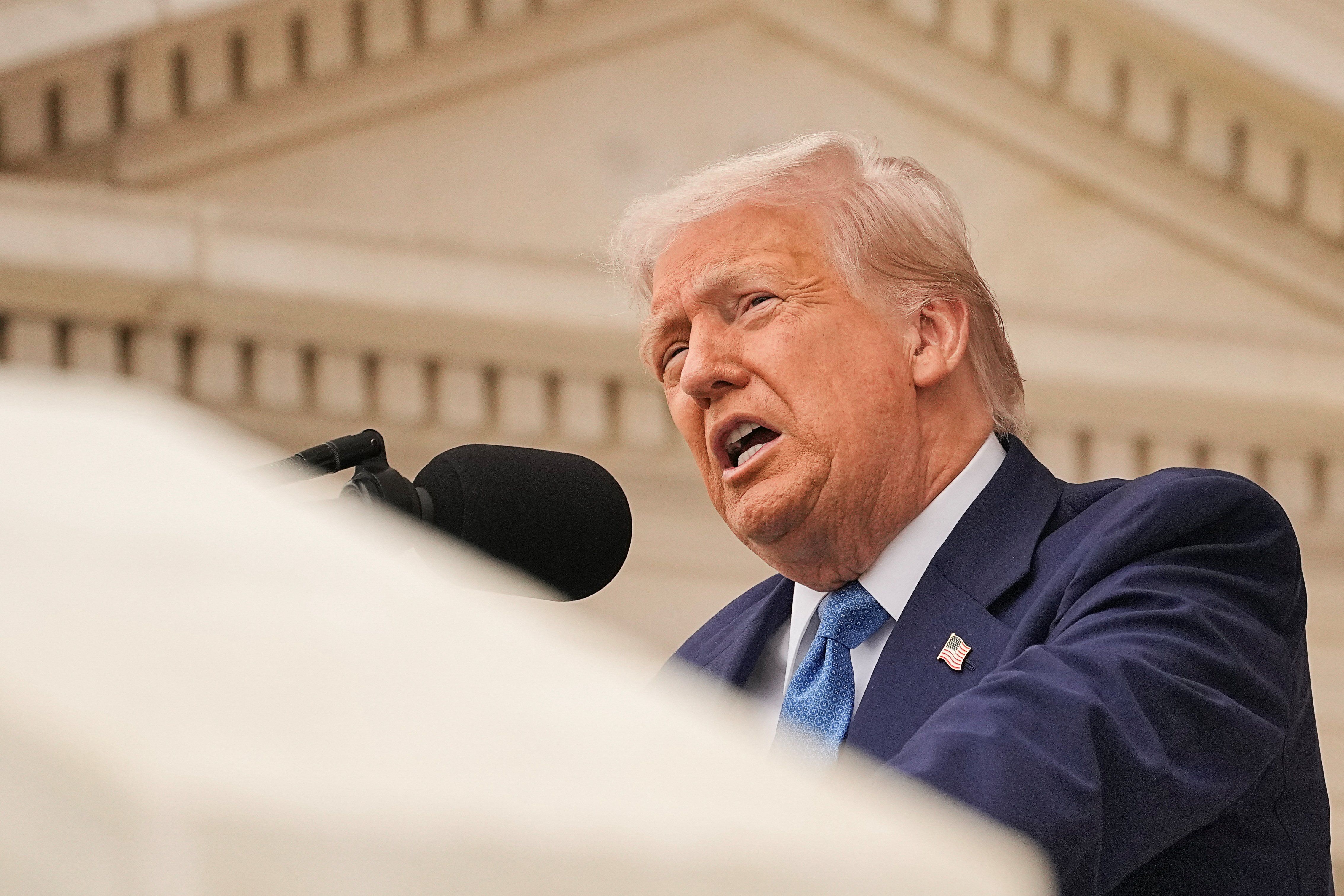One of President Donald Trump's judicial nominees for a federal seat in Florida was lobbying the Senate for a nomination at the same time he ruled in favor of Trump in a defamation case in state court, Politico reported on Friday.
"Ed Artau ... met with staff in the office of Florida Republican Sen. Rick Scott to angle for the nomination less than two weeks after Trump’s election last fall, according to a new Senate disclosure obtained by POLITICO. In the midst of his interviews, Artau was part of a panel of judges that ruled in Trump’s favor in the president’s case against members of the Pulitzer Prize Board," said the report.
Two weeks after that opinion went out, "he interviewed with the White House Counsel’s Office. In May, Trump announced his nomination to the federal judiciary."
Trump sued the Pulitzer board for granting awards to reporting about Russian interference on Trump's behalf in the 2016 presidential election, which the president has repeatedly maintained was fake, even though a special counsel report documented it extensively.
Artau has stated in his questionnaire to the Senate that no one involved with his nomination “discussed with [him] any currently pending or specific case, legal issue or question in a manner that could reasonably be interpreted as seeking any express or implied assurances concerning [his] position on such case, issue, or question.”
Nonetheless, experts were alarmed at the timing of these decisions, with Indiana University law professor Charles Geyh saying, “Coming across as an archpartisan is now perceived as something that can help your cause with President Trump. The idea that you would have a judge thinking you know, it’s a good idea to go on the warpath in support of the President, is really a new development.”
In the court ruling that allowed the lawsuit to proceed, Artau explicitly called for the Supreme Court to revisit New York Times v. Sullivan, the landmark case that required public figures to have evidence of "actual malice" to sue the press for defamation. That ruling put an end to an extensive regime of intimidation in which Southern politicians used the threat of legal action to stop journalists from reporting on the injustice of Jim Crow laws, and established limits on powerful figures bullying opponents into silence.
Trump himself has repeatedly called for abolishing that standard, saying the United States should "open up libel laws" to make defamation cases against the press easier to file.
For now, there appears to be little support by the Supreme Court for undoing these protections, although Justice Clarence Thomas — who himself has been the subject of numerous reports on controversial gifts from wealthy benefactors with business before the court — has suggested he would like to do so.
